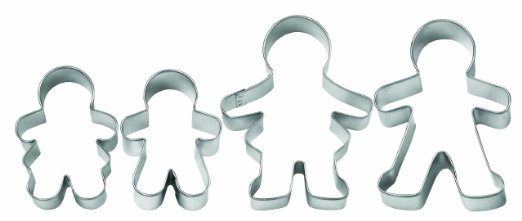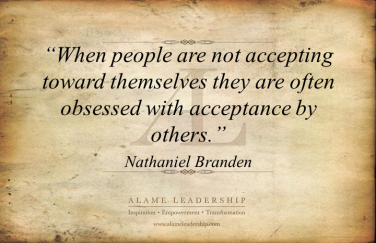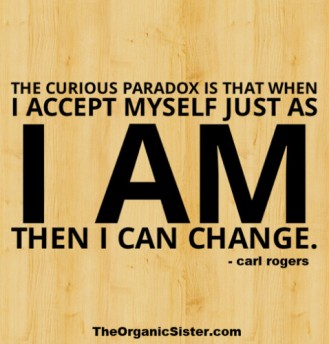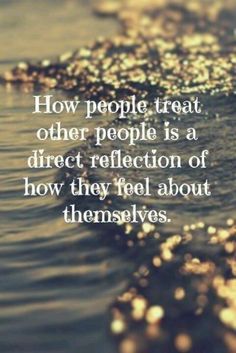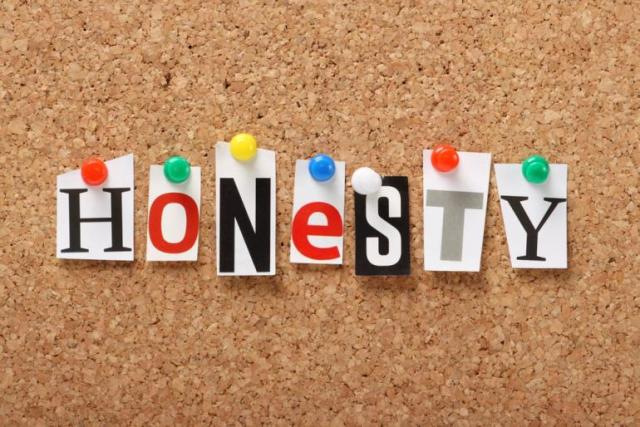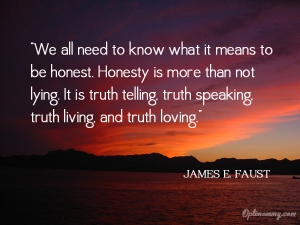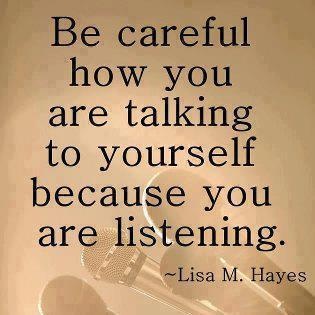
Nice guys finish last. Girls like “bad boys”. This is something all guys hear or think at one point in time or another.
We hear this often enough that guys are often led to believe we have to be cocky, act like jerks and treat women badly. This idea is used in romance movies, which depict scenes of guys worrying about how long they should wait before calling someone, or how to show they are interested in someone without coming across as too interested. Maybe they should play hard to get, or appear interested in someone else in order to try and make the person jealous. We are taught that if we learn to “play the game” we will be able to get the girl we want.
And if we don’t get the girl we want?
Well, then we either don’t know how to play the game or it’s not really our fault. It’s because we are “a nice guy”, and that’s not what she really wants. After all, nice is boring, and she wants a bad boy. So nice guys finish last.
Is this really true? I guess there is some element of truth to it or the perception wouldn’t exist. But do women really want to be treated like crap, or have guys treat relationships like some sort of game?
Disclaimer here – I’m not a woman so I really don’t know. But for some reason I doubt it.
Maybe there are some women who do, but even if that WERE the case, as a guy would you really want to be with a woman who wants to be treated badly? If a woman respects herself, why would she put up with that kind of treatment? Does she believe she deserves it? If so, why would any guy really want a woman who thinks that poorly of herself?
No, I don’t think it’s treating someone badly that matters. Maybe I’m naive, but I think women do want to be treated with respect and kindness.
However they probably also want someone who is confident in themselves. Someone who knows what their values and boundaries are, and is willing to establish and enforce them.
What Would You Do For Love?
Have you ever heard the saying “I would do anything for you”?
Sounds great right? Sounds romantic? Maybe it makes someone feel special, or important; and let’s face it – we all like to feel special and important.
But if you would do anything for the other person, what is that REALLY saying?
It’s saying that YOU don’t matter. It’s saying that what the other person wants and needs is more important than your own wants and needs.
And that is really unhealthy.
This does actually happen in relationships. People try to be what they think the other person wants instead of just being who they are. And maybe they don’t actually know who they are, so they are trying to find that through someone else.
But to be in a healthy relationship you need to love and respect yourself first, because you matter too.
What do you want?
We are all driven by wants and needs, so what do you want? What do you need as part of your relationship in order to be happy? What is your primary love language? What level of closeness are you looking for in your relationship?
How do you want to be treated, and more specifically what are some things that bother you, and are things that you simply can’t accept in a relationship?
These are things that are part of what makes you YOU, and they are independent of who you are with. They would apply with any partner.
These are your boundaries, and they are important to your own sense of identity.
We don’t often think about what our boundaries are, and I suspect most people can’t articulate theirs. At some level though we all have them and know them. When we are hurt, or disappointed it is often because someone has violated or not respected our boundaries.
I think people who have a strong sense of identity have a better idea of what their boundaries are, and are more willing to enforce them (than people who don’t have a strong sense of identity).
And that’s the part where the stereotypical “nice guys” get it wrong. They either don’t have strong boundaries, or they don’t value themselves enough to enforce them. They want to be loved, and they want to be accepted (which I suppose we all do to some degree). But “nice guys” are so eager to please someone else that will constantly put the other person’s needs ahead of their own.
But wait a minute…
Aren’t we supposed to give? Aren’t we supposed to put our partner first?
Yeah, not so much.
I mean, we ARE, but not at our own expense (at least not consistently). Instead of putting our partner first, I like to think of it as we should be putting them on the same level as ourselves.
Their needs and wants had damned well better matter to us. At the same time though, their needs and wants don’t trump our boundaries. For a healthy relationship, we need to find a way to make both of these things work together.
It makes sense in theory (to me anyhow), but in practice finding that balance can be very difficult.
What About Nice Girls?
If the negative connotations of being a nice guy come from someone trying to be what they think the other person wants (due to a lack of self-confidence, assertiveness and poor enforcement of boundaries), is this just a problem for guys?
Aren’t there women out there with the same issues? If so, why do we hear about “nice guys finishing last” but we don’t often hear something similar about nice girls?
It seems clear that there are women out there with the same issues. But “well, she’s nice” is usually guy-code for “she has a nice personality” aka “yeah she’s nice but I’m not attracted to her at all”. So the issue there seems to be more one of attraction. Maybe it is the same thing though, because a lack of confidence, boundaries and assertiveness really isn’t very attractive.
Perhaps another reason you don’t hear as much about “nice girls” is due to differences in the way guys and girls are raised.
Quick note – generally I don’t buy into gender differences (they exist, but I see them as more resulting from socialization than from any core differences). Plus, I don’t believe anything can be painted with broad brush strokes – so I’ll think of this more as gender “trends” than actual differences.
That said, I think women are commonly raised with more of an expectation of being nurturers than men. It doesn’t mean they necessarily lack self-confidence, but I do think women are likely to be less assertive and have more fluid boundaries. They are more likely to make personal sacrifices “for the betterment of the relationship, or the family” than men – often to their own detriment.
Due to this, I suspect those traits are just as common with women as they are with men, but for some reason they are less likely to be seen as “a problem” with women.
Just Be Yourself
Personally, I think genuinely being a nice guy is largely a good thing. It means you actually care about those around you. But being someone who lacks self-confidence and either doesn’t know what their own personal boundaries are or doesn’t enforce them is unhealthy; as it means you don’t have a strong sense of self.
For any potential nice guys (and girls) out there, a few unsolicited words of advice:
No one wants a doormat. Sure people want to be loved and supported, but I think people also want to be challenged. And they want someone who is willing to call them out (nicely of course) when they are wrong.
Be yourself, whoever that is (and if you aren’t sure who you are, then that’s a bigger problem). There’s really no point in trying to change yourself to be what you think someone else wants. If someone doesn’t like you for who you are, how in the world does it help you to try and be what they want? Because that means what they want isn’t actually you.
For a relationship to be successful you will ultimately need to grow and accept influence from the other person. But if you are trying to be what you think the other person wants, the relationship is really being built on false pretenses. Eventually you will grow resentful for having spent your time playing a role (though it will largely be your own fault). And your partner may not be very appreciative when they find out your aren’t who you were portraying yourself as.
And lastly, remember that loving someone doesn’t mean doing anything for them. Wanting to do things for someone else is great, but you matter too. Know what your boundaries are, and be willing to enforce them. Saying “no” sometimes doesn’t mean you love the other person any less. It just means you love yourself more.
